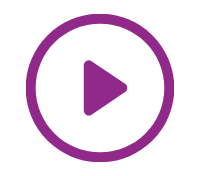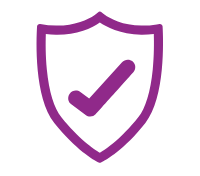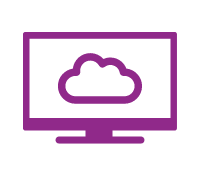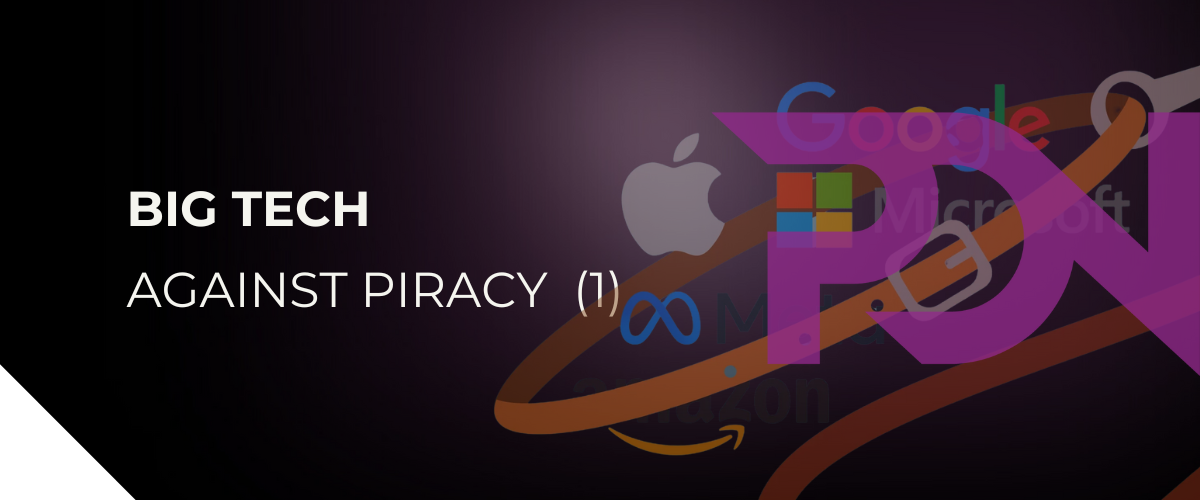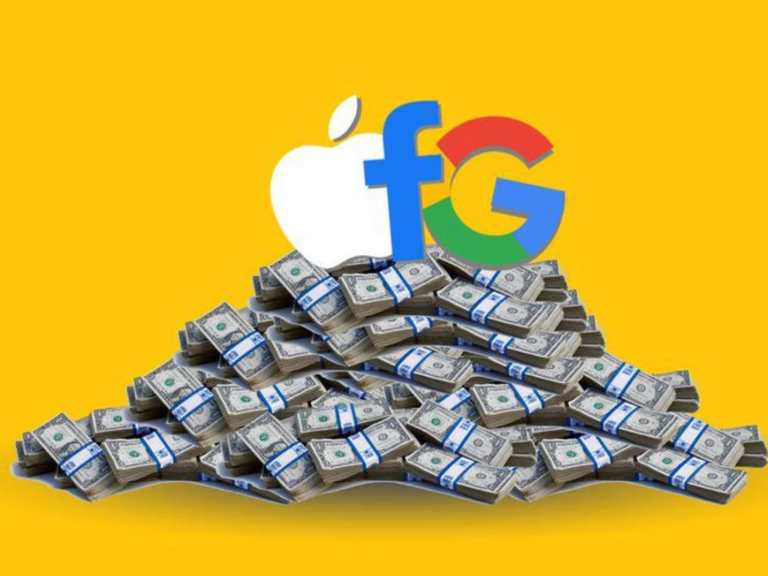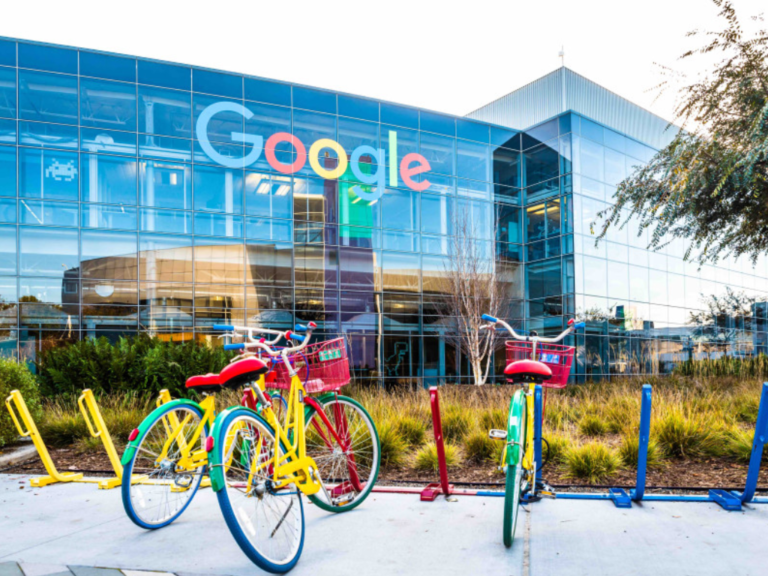Google is the obvious starting point for the average user when looking for a link about any content; pirated and illegal links are no exception. Google also owns the Chrome browser, as well as the YouTube video platform.
To strengthen its cooperation with rights holders and their representatives, the company has created the Trusted Copyright Removal Program. At PDN be have the honor of being part of it. This program establishes partnerships with a hundred or so trusted companies specialized in the fight against piracy, improving the speed and efficiency when removing copyright-infringing links.
In the autumn of 2023 Google claims to have processed over seven billion copyright-related takedown requests. Our experience at PDN shows that this is indeed the case; the majority of the links we report are removed without any difficulty.
In addition, Google uses sophisticated algorithms to detect and filter search results that point to illegal websites or content. These algorithms are continually improved to minimize the visibility of such results.
Google also supports preemptive takedowns, meaning that it blocks flagged URLs before they are indexed by the search engine. This allows rights holders to report content before Google has even considered it, and therefore before it is available in the search engine. Links are therefore sometimes removed before they have even been seen by a single user. Google claims that almost 40% of all link removals in 2022 fell into this category.
This is particularly common on IPTV services: during the most popular live events, such as the Super Bowl, UFC events or World Cup soccer matches, pirates often set up websites in advance to announce their future unauthorized broadcasts. Copyright holders can now take these offline before the broadcast begins.
Google claims that after removing links to illegal content, even when the content itself remains online, traffic to the site concerned drops by 89%. Removing links in the search engine is therefore a very effective policy, even when an illegal site refuses to respond to requests from the rightful owner.
Google has stated that it is committed to investing in new tools and processes to combat the ever-evolving problem of piracy. Recently, Google seems to have gone a step further by using takedown requests to “moderate” collections of links privately saved by users, which is problematic in terms of user privacy. Google also has the difficult responsibility of trying to balance the fight against illegal content with respect for freedom of expression and access to information.
Generally speaking, however, Google is one of the Big Tech companies that cooperates best with copyright owners.


